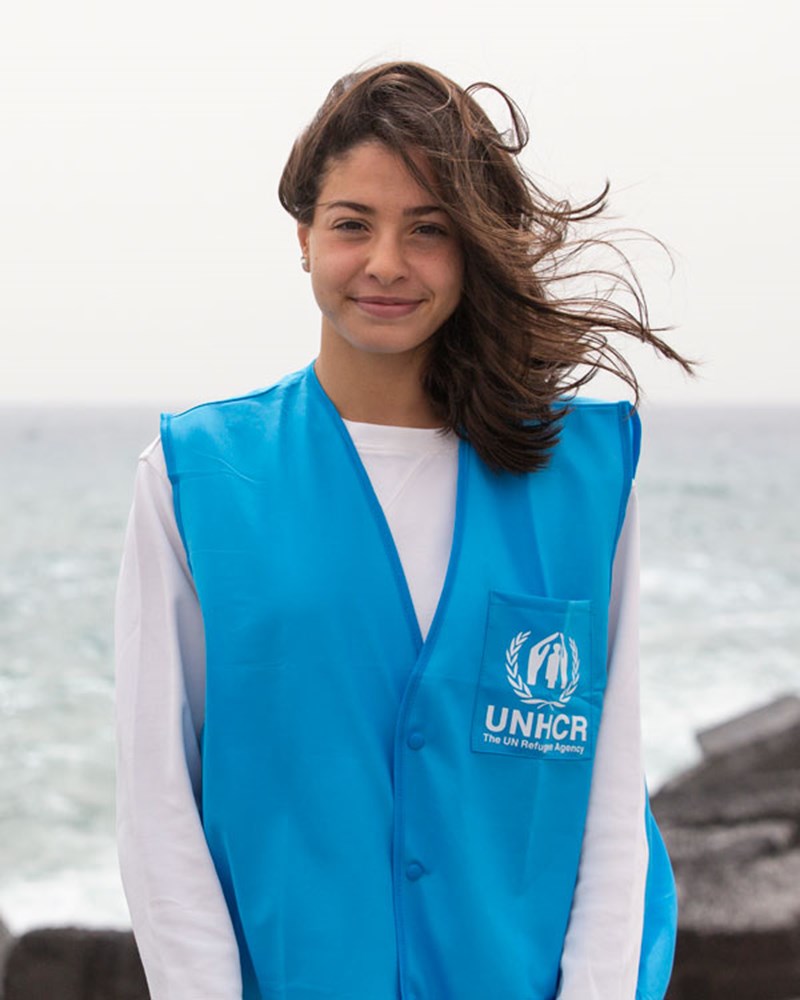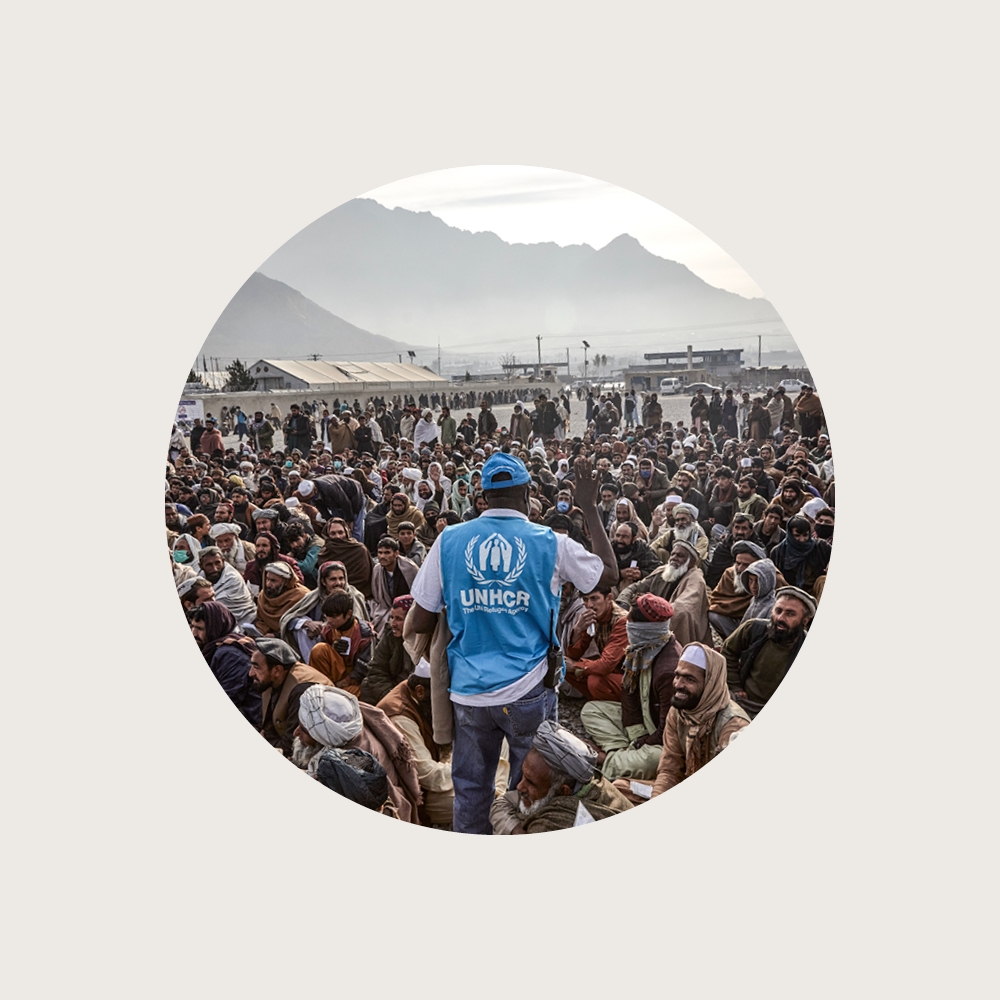Athletes from 11 different countries – including Syria, Afghanistan, and Iran - will be going to Paris as part of the 2024 Refugee Olympic Team. The group of 36 will compete in a range of categories including swimming, athletics, judo, boxing, weightlifting, and badminton.
This is the third time a refugee team is taking part in the Olympics, after Rio in 2016 and Tokyo in 2021. This time, the team will compete under their own unique emblem featuring a way marker arrow symbolising the shared journey of displaced people, with a heart at its centre to represent belonging.
The 2024 refugee Olympians include: Syrian Swimmer Alaa Maso, now living in Germany; taekwondo athletes, Dina Pouryounes, from Iran but now in the Netherlands; Yahya Al Ghotany, who took up the martial art in Jordan’s Azraq Refugee Camp after fleeing Syria; and Iran-born, Afghanistan-raised cyclist, Amir Ansari, who is now a refugee in Sweden.
Sprint canoeist Saeid Fazloulam, who also competed at the Tokyo Olympics as a refugee after leaving who Iran in 2015, said: “If I’m going on the water, I can shut it down, the problems. I can meditate under water, and I can forget what was, what happened and what’s coming.”
In a message to the refugee athletes, their Chef de Mission, Masomah Ali Zada, who as an Afghan refugee competed in Tokyo in the Cycling Time Trial event, said: "With all the challenges that you have faced, you now have a chance to inspire a new generation, represent something bigger than yourselves, and show the world what refugees are capable of."





